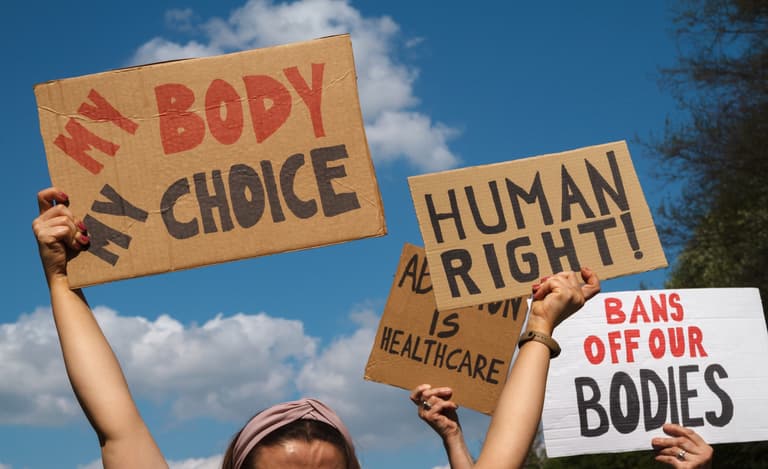
Law & Principles , Culture & the Family
Jonathan Small | May 27, 2025
Left-wing political fringe should not control Oklahoma’s petition process
Jonathan Small
Supposed advocates of “good government” often decry low voter turnout, arguing that more citizens need to be involved in our political process.
Yet, for some reason, many of those same advocates hold a very different view when it comes to Oklahoma’s initiative petition process. When efforts are made to put a question before all Oklahoma voters, they are fine with largely excluding the vast majority of the state from the petition process.
Fortunately, state policymakers are not so shortsighted.
Senate Bill 1027, by state Sen. David Bullard and House Speaker Kyle Hilbert, has cleared both legislative chambers and has been signed into law by Gov. Kevin Stitt. It includes several important transparency reforms, but one of the most notable requires that initiative petitions obtain signatures from Oklahomans across a larger share of the state.
Under the legislation, signatures equal to no more than 11.5 percent of the votes cast in any county during the most recent statewide general election may be collected for a petition to change state law, or 20.8 percent for proposals to amend the Oklahoma Constitution (the latter requiring a larger raw number of overall signatures).
That means initiative petitions will have to collect signatures from citizens in at least 16 of Oklahoma’s 77 counties to gather enough signatures to place a question before voters. That’s about one in five counties, but it’s still a much larger share of the state than what occurs under current law.
During floor debate, Hilbert referenced one recent initiative-petition effort that collected 70,000 signatures. Of that total, 85.9 percent came from only seven counties. In fact, 67.9 percent of signatures came from just two counties. Yet those two counties, Oklahoma and Tulsa, are home to only 36.4 percent of Oklahoma’s population.
“The metros are getting double the say of the rest of the state under the current process,” Hilbert said.
One obvious flaw in a system where initiative-petition efforts are clustered in just two urban counties is that those counties are also home to a huge share of Oklahoma’s most liberal voters. Donald Trump easily carried Oklahoma in 2024, receiving two out of three votes cast statewide. Yet nearly half of the Oklahoma votes cast for Kamala Harris in the presidential race were cast in Oklahoma and Tulsa counties.
Thus, our current initiative-petition process, centered in those two counties, is more likely to advance left-wing proposals that appeal to only the fringe. While those proposals may be rejected by statewide voters, taxpayers are still forced to pay for expensive elections, and citizens must spend money on campaigns opposed to those proposals.
A system requiring signatures from a slightly broader geographic area will ensure the initiative-petition process produces measures with appeal outside the political fringe while empowering citizens across Oklahoma.

Jonathan Small
President
Jonathan Small, C.P.A., serves as President and joined the staff in December of 2010. Previously, Jonathan served as a budget analyst for the Oklahoma Office of State Finance, as a fiscal policy analyst and research analyst for the Oklahoma House of Representatives, and as director of government affairs for the Oklahoma Insurance Department. Small’s work includes co-authoring “Economics 101” with Dr. Arthur Laffer and Dr. Wayne Winegarden, and his policy expertise has been referenced by The Oklahoman, the Tulsa World, National Review, the L.A. Times, The Hill, the Wall Street Journal and the Huffington Post. His weekly column “Free Market Friday” is published by the Journal Record and syndicated in 27 markets. A recipient of the American Legislative Exchange Council’s prestigious Private Sector Member of the Year award, Small is nationally recognized for his work to promote free markets, limited government and innovative public policy reforms. Jonathan holds a B.A. in Accounting from the University of Central Oklahoma and is a Certified Public Accountant.